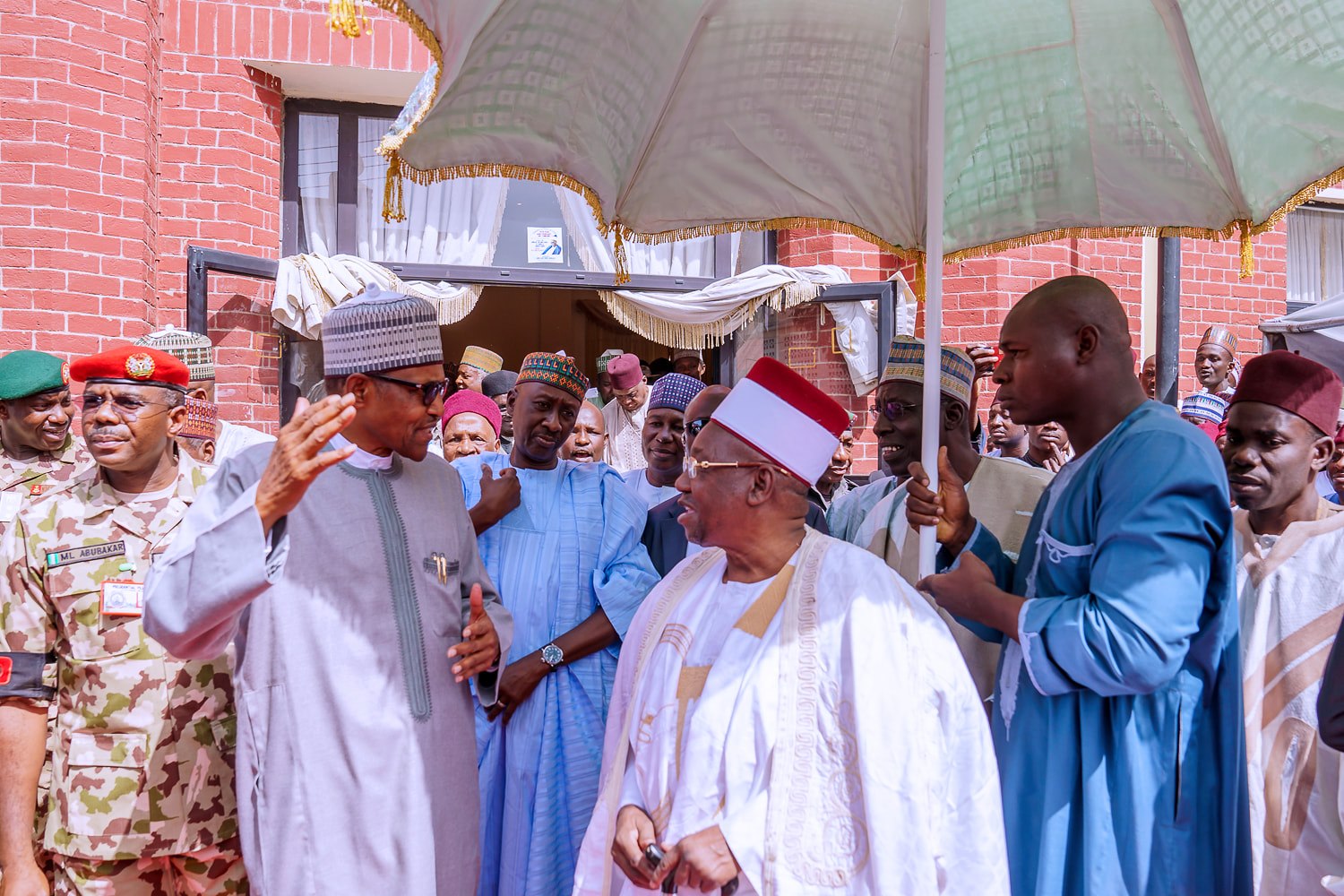Nigeria: Big Problems But a Big Future
August 03, 2012
By Elizabeth Donnelly*,
analysis
Whether by accident or design, Nigeria is destined to become Africa's largest economy. The kind of economic growth it will experience in the coming years and the extent to which this will transform the lives of its 160 million people is yet to be determined.
With two dollar billionaires, many more millionaires, but with 61 per cent of its population living on less than a dollar a day, Nigeria is a country of extremes, a reality that makes grappling with its challenges and taking advantage of its opportunities altogether more complicated.
Look towards the northeast of Nigeria, and the country seems on the verge of collapse; turn around and cast your glance southwestwards, and it is on the verge of take-off.
Growing international interest in Nigeria is dominated by terrorism and business opportunities, the two factors that divide opinion on its future prospects.
In January, after Nigeria was immersed in nationwide protests and strikes over the controversial removal of a generous fuel subsidy, it was shaken by a devastating terrorist attack on its second city, Kano. As the year has gone on there have been more horrific bombings and shootings in the streets, markets and places of worship of the north as well as a suicide bombing in Abuja, all carried out by Boko Haram. This evolving Islamist terrorist organisation has killed hundreds of people and is damaging the North's already struggling economy.
But terrorism is just the latest addition to Nigeria's mix of concerns that includes corruption, prospects for reform, human security, levels of poverty and the sanctity of contract law. Nigeria's roads are still more dangerous than Boko Haram.
Observers hope a handful of reformist governors will create islands of best practice in some states and some sectors - and that this positive influence will spread nationwide.
Lagos is Nigeria's 'poster-boy': 30 per cent of the country's GDP is concentrated in this state and more than 60 per cent of Nigeria's industrial and commercial activity occurs here. Investor confidence in Lagos is strong, thanks to a reformist governor, Babatunde Fashola, who has focused on delivery of basic services and improving infrastructure. He has worked to implement policies based on a longerterm vision than many of his counterparts, and has sought to institutionalize change - providing some comfort to Lagosians and investors who know that this is his last term as State Governor.
But there is an awareness - and a nervousness - in Lagos about the negative consequences of success. Credit Suisse reports that in the run-up to 2025, the state capital will be the sixth fastest growing city in the world. Seen as the land of opportunity in a nation where, according to the National Bureau of Statistics, 23.9 per cent of the population is unemployed, the immigration pressures on Lagos are growing.
The 'islands of best practice' approach cannot on its own put Nigeria on a path that will avoid future calamities. This is not a country where the 'trickle-down' effect works - patronage networks notwithstanding. Lagos and those other states that are breaking away from a reliance on oil rents from the centre cannot carry the nation: Nigeria's population is too large, its potential too great and its challenges too complex and intertwined.
Nigeria needs to move away from shortterm transactional politics and policy. It is long-termism and institution-building that will bring this country the prestige that many of the elite believes it already deserves, and economic growth that will reduce the extremes.
Nigeria never provides straightforward answers. Sheer scale means that it will continue to be of global significance, even with a passive leadership that is happy with the status quo. What would emerge under such leadership would be a country that, though a contender for a G20 spot and a permanent seat on the UN Security Council, would still be bedevilled by internal problems, including more intense localized violent conflict, increased inequalities and rising crime, poor development indicators and worsening social tensions. As such, it would remain in the popular imagination a surprising choice for an investment or a visit.
The alternative is that incremental change continues and is used strategically, that key points for change are exploited with faster gains creating momentum for delivery at all levels of government - so that there is economic growth with equity and the extremes are reduced. The problems won't go away, but would be greatly undermined. Nigeria would become an active international player - not a passive one that made it by chance.
*Elizabeth Donnelly is manager of Chatham House's Africa Programme.




























